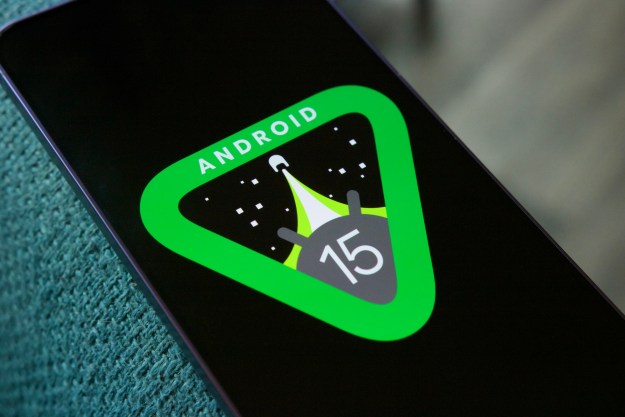
Online mega-retailer Amazon.com is getting ready to step into the mobile applications market: the company is preparing to launch its own applications store for Android smartphones, going head-to-head with Google’s Android Marketplace. According to materials sent to selected developers, Amazon— like Google and the Apple App Store—plans to pocket 30 percent of each sale, leaving 70 percent to the developer. However, unlike Google—whose Android marketplace is essentially a free-for-all of unscreened app submissions—Amazon apparently intends to offer a more curated experience: apps won’t be permitted to carry offensive content and will have to meet approval criteria. Amazon also plans to require that developers not offer the same apps elsewhere at a lower price.
A second Android app store might appeal to developers because Amazon’s payment processing system is accepted in a number of places where Google Checkout doesn’t operate, Plus, Amazon has a built-in customer base: as one of the world’s biggest electronic retailers, Amazon already has tens of millions of active customers. Amazon also plans to enable developers to submit videos to go along with their apps to provide a taste of how they work—a move that would put it ahead of Apple’s App Store and the Android Market.
Amazon has declined to make any public comment on plans for a mobile application store.
Amazon isn’t the first to plan its own Android app store: mobile operator Verizon is launching a VCast music and app store for Android devices, featuring a menu of curated apps—and Verizon’s offering will be pre-loaded on Android phones offered by the carrier.
Mobile developers have largely embraced Google’s Android Market, in part because applications are not vetted—programmers don’t have to worry about passing the infamously arbitrary and undisclosed rules Apple applies to iTunes App Store submissions. (Apple recently released App Store guidelines in an effort to add transparency for developers.) However, Android app developers have also expressed frustration with the Android Marketplace’s organization: the comparative chaos of the Android Market could give Amazon an opportunity to differentiate itself via its customer review and product recommendation services technologies.
Editors' Recommendations
- Google Pixel 7a just dropped to its cheapest ever price
- A new Google Pixel Tablet is coming, but it’s not what you think
- How to get Android apps on a Chromebook
- Android 15 release date: When will my phone get the update?
- How to download the Android 15 beta right now
